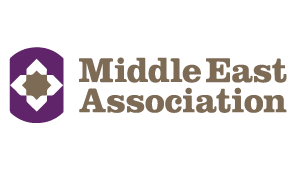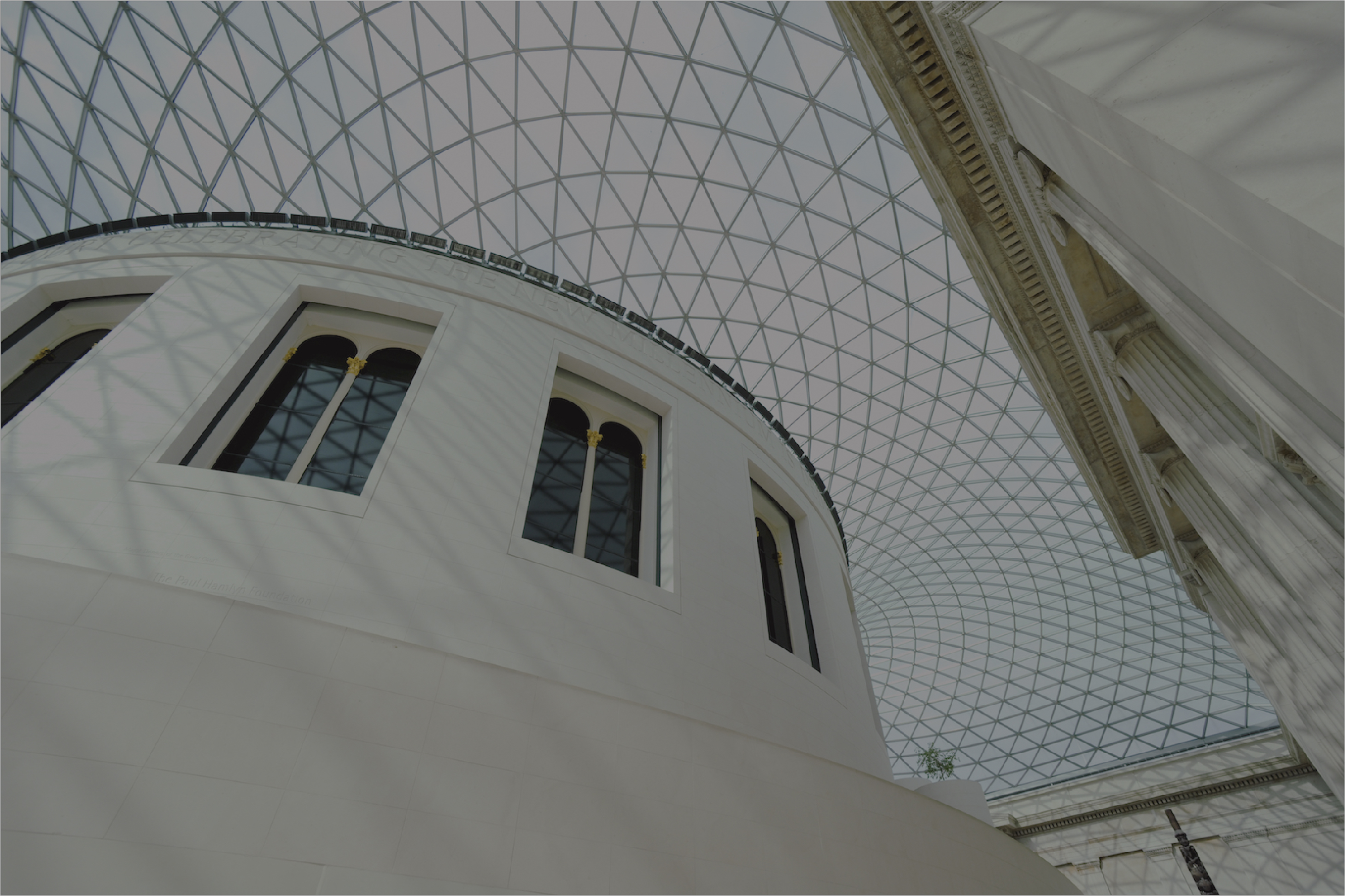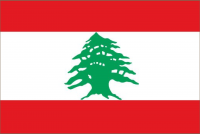Lebanon is located on the Eastern shore of the Mediterranean Sea. It is at the meeting point of three continents and, as such, has been the crossroads of many civilizations whose traces may still be seen today.
The strategic geographical location of Lebanon and the excellent overseas contacts of the business community through the Lebanese Diaspora make it an excellent gateway to the Middle East region for exporters new to the region. Subject to FCO travel advice we recommend visiting the market, as the Lebanese appreciate the personal approach to forming long-standing business relationships.
As the region’s centre of trade and business, Lebanon is a host to several foreign companies. Lebanon has a free-market economy and the government does not restrict foreign investment. The Lebanese economy is based on liberal trade policies and strong private initiative. It is service-oriented; main growth sectors include banking and tourism.
Lebanon is a republic which has a parliamentary regime. It is based on the principle of the separation of power between the President of the Republic (elected for a period of 6 years), the council of Ministers and its presidency, and the parliament House (consisting of 128 deputies elected for a period of 4 years), and an independent judiciary authority.



